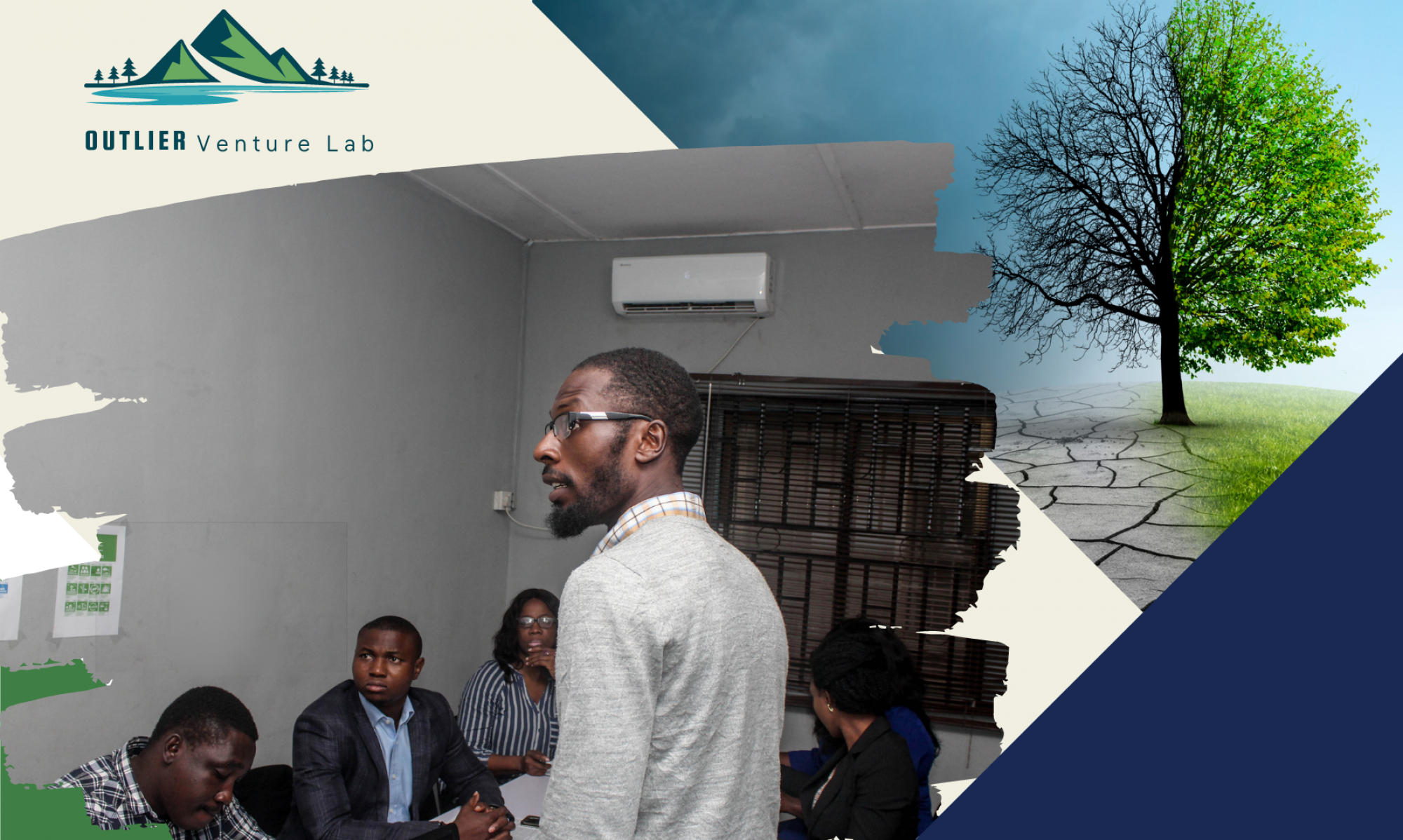
Africa, a continent marked by diverse ecosystems and rich cultural tapestry, is strategically positioning itself at the forefront of sustainability. Amidst environmental challenges, the region is embarking on a journey characterized by innovative solutions and a commitment to harmonizing economic development with ecological balance.
Elevating Renewable Energy Platforms:
Harnessing the abundant solar and wind resources, African nations are diligently investing in renewable energy infrastructure. Solar and wind projects, both large-scale and decentralized, are not only diversifying the energy mix but also ensuring a more sustainable and resilient power supply.
Conservation as Economic Strategy:
Preservation of biodiversity is no longer just an ethical consideration but a strategic economic move. Governments and organizations are emphasizing conservation efforts, recognizing the potential for eco-tourism, research partnerships, and sustainable resource management to fuel economic growth.
Transforming Agricultural Paradigms:
In the agricultural landscape, a transformation is underway towards sustainable practices. Agroecology, precision farming, and climate-smart agricultural techniques are enhancing productivity while minimizing environmental impact. The aim is to secure food production without compromising the health of the land.
Circular Economy Initiatives:
Cities and industries are adopting circular economy principles to minimize waste and maximize resource efficiency. Innovative waste management strategies, recycling initiatives, and repurposing projects are gaining traction, signaling a paradigm shift towards sustainable consumption and production.
Community Engagement and Empowerment:
Sustainable development is intrinsically tied to community engagement. Empowering local communities with knowledge and resources fosters a sense of ownership in environmental stewardship. From sustainable livelihood projects to participatory conservation programs, the emphasis is on inclusivity.
Technological Advancements for Sustainability:
Embracing the digital era, African nations are leveraging technology for sustainable development. Smart agriculture applications, data analytics for resource management, and digital platforms for environmental advocacy are becoming integral components of the sustainability landscape.
Strategic Education Initiatives:
Educational institutions are adapting their curriculum to include sustainability as a core principle. By instilling an ethos of environmental responsibility in future leaders, the continent is fostering a cadre of professionals equipped to address complex sustainability challenges.
Public-Private Collaboration:
Recognizing the magnitude of the task at hand, governments, NGOs, and private enterprises are forging collaborative partnerships. Public-private collaborations are driving innovation, channeling investments into sustainable projects, and ensuring a holistic approach to environmental stewardship.
Global Collaboration for Impact:
Africa is actively participating in global sustainability initiatives. By engaging in international dialogues, sharing best practices, and contributing to global environmental goals, the continent is positioning itself as a key player in the global sustainability arena.
In conclusion, Africa’s journey towards sustainability is a nuanced and strategic effort. By addressing environmental challenges through innovation, collaboration, and strategic planning, the continent is poised to contribute significantly to the global sustainability agenda. As Africa advances, it offers valuable insights and lessons for a world grappling with the imperative of sustainable development.
